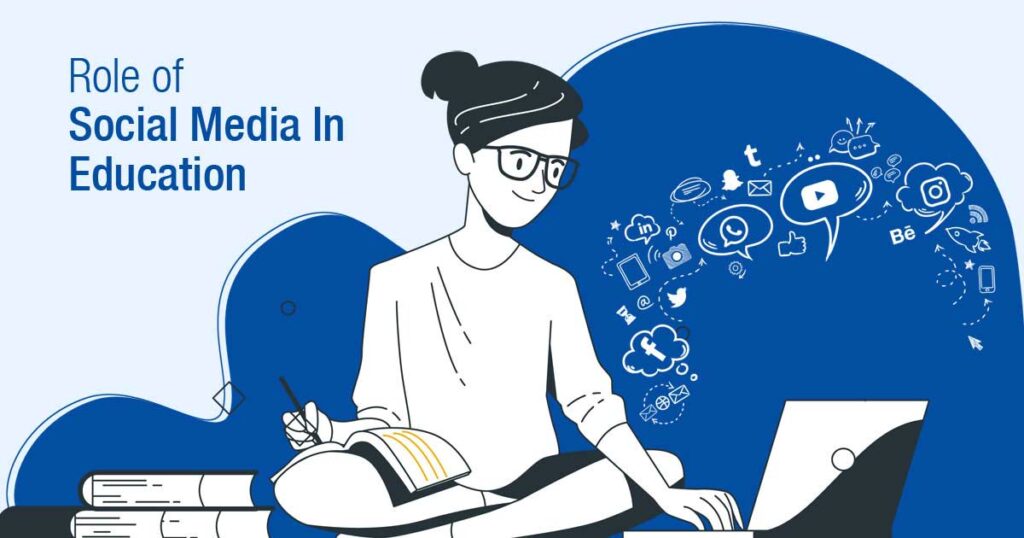
The Impact of Social Media on Education
Social media has become an integral part of daily life for millions of people worldwide, and its influence has extended into education. Platforms like Facebook, Instagram, Twitter, LinkedIn, and YouTube are increasingly used by students, educators, and institutions to share knowledge, collaborate, and engage in academic discussions. While social media has both positive and negative effects on education, its overall impact is reshaping the way students learn and interact in academic settings.
One of the most significant benefits of social media in education is its role in enhancing accessibility to information. Students and educators can now access a wealth of resources on a wide range of subjects with just a few clicks. Educational institutions and organizations share research papers, videos, articles, and study materials on social media, providing students with easy access to valuable learning materials beyond traditional textbooks and classroom notes. This instant access to information helps students stay informed and engage in self-directed learning, which fosters independence and curiosity.
Social media also promotes collaboration and communication among students and educators. Platforms like WhatsApp, Slack, and Facebook Groups allow students to work on group projects, share ideas, and support each other’s learning outside of school hours. Teachers can also use social media to communicate with students, clarify doubts, and share supplementary materials. This connectivity promotes a collaborative learning environment, making education a more interactive and community-driven experience.
Additionally, social media provides a platform for students to develop their digital literacy skills, which are crucial in today’s digital age. By navigating social media responsibly, students learn how to communicate effectively, assess credible sources, and manage their online presence. These skills are highly relevant to both academic success and future careers, as digital proficiency is becoming increasingly essential in almost every field.
However, the impact of social media on education is not entirely positive. Excessive use of social media can lead to distractions, procrastination, and reduced focus on studies. Notifications, messages, and constant updates can disrupt students’ concentration, impacting their academic performance. Moreover, the prevalence of misinformation on social media can expose students to unreliable sources, emphasizing the need for critical thinking and fact-checking skills.
In conclusion, social media has a profound impact on education by increasing accessibility to information, fostering collaboration, and developing digital skills. While there are potential downsides, including distractions and misinformation, these challenges can be managed with responsible use and guidance. Overall, social media, when used wisely, can be a powerful tool that enriches the educational experience and prepares students for a digital future.

